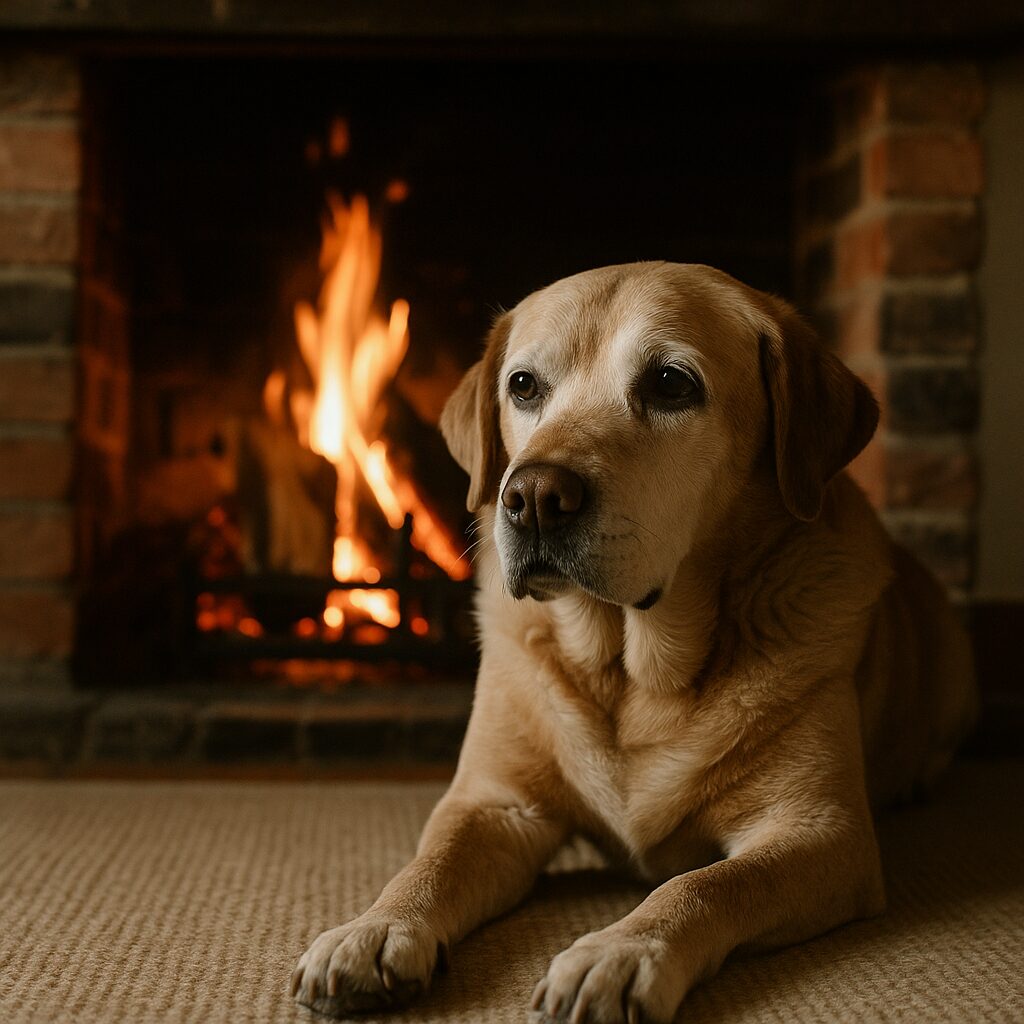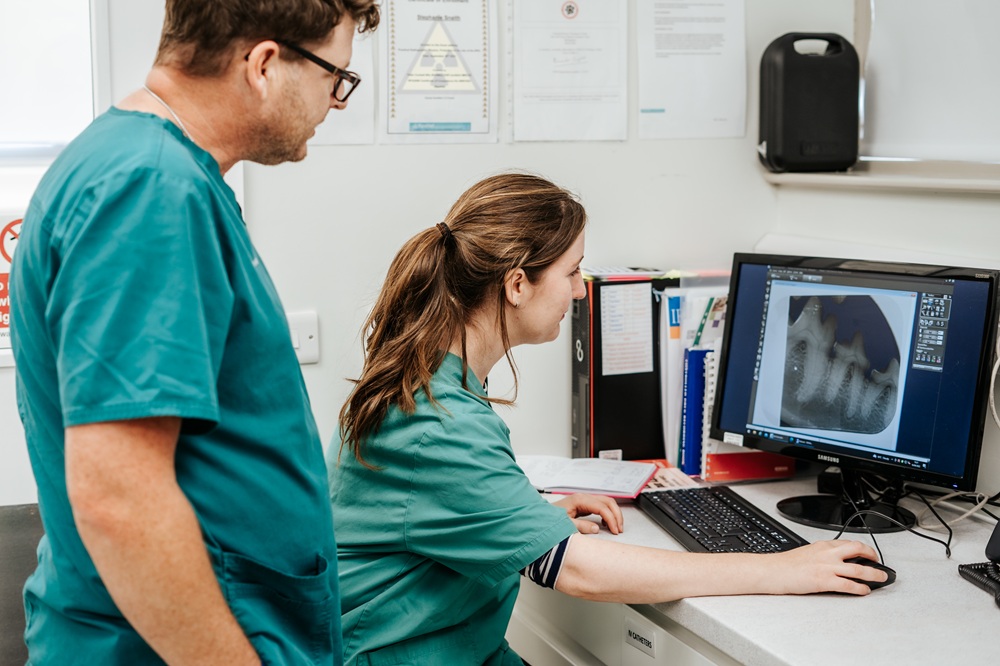
Senior pet care
Caring for Your Senior Pet: Keeping Them Happy and Healthy in Their Golden Years
Have you noticed your senior pet slowing down, behaving differently, or starting to look a little older? Just like us, pets go through natural changes as they age. While this is a normal part of life, it’s important to adapt how we care for them so they can continue to live comfortably, happily, and healthily for as long as possible.
On average, dogs live around 12 years, cats about 14 years, and rabbits roughly 6 years. However, many pets go well beyond these averages—we’ve even seen rabbits reach an impressive 11 years old! By giving your pet the right care and attention, you can make sure they enjoy their mature years to the fullest.
Keeping Your Senior Pet Comfortable
As pets get older, their bodies and energy levels naturally change. Making a few adjustments at home can help your pet stay comfortable day to day:
Plenty of rest: Senior pets need more downtime. Give them a quiet space with a soft, supportive bed that’s away from draughts and household noise.
Toilet breaks: Your pet may need to go to the toilet more frequently. While this is often normal, sudden changes in toilet habits should always be checked by a vet.
Easy access: Keep essentials like food, water, and bedding close by so your pet doesn’t have to struggle to reach them.
Safe footing: Slippery floors can be challenging for older pets. Adding rugs or mats will help your pet move around safely and confidently.

Feeding a Senior Pet
Nutrition is especially important as your pet ages. Their dietary needs change, and feeding them appropriately can make a big difference to their health and quality of life.
Specialist diets: Many pet food brands offer specific life-stage diets tailored to senior pets. These diets are designed to support joints, maintain a healthy weight, and aid digestion. If you’re unsure which food is best, our veterinary nurses and vets can advise.
Monitor food and water intake: A pet that suddenly eats less, drinks more, or loses weight could have an underlying medical condition. Keep an eye on their eating habits and contact us if you notice any changes.
Separate feeding areas: In multi-pet households, make sure your pet has access to their food without competing with younger pets.
Changing Needs
Even though they may slow down, senior pets still need stimulation and regular activity to stay happy and healthy.
Exercise: For dogs, short but frequent walks help maintain mobility and prevent weight gain.
Enrichment: Toys, puzzle feeders, and gentle games provide mental stimulation for all pets.
Grooming: Regular grooming sessions help you bond with your pet, keep their coat in good condition, and allow you to check for lumps, bumps, or sore spots. We recommend Dotty Dogs Grooming Salon.
Warmth: Dogs especially may benefit from a coat in cold or wet weather, as senior pets often feel the chill more.
Mobility support: If your pet struggles with stairs or rising from bed, ask us about treatments or supplements that can help.
Health and Welfare
Older pets may experience gradual changes to their senses and general wellbeing. Being aware of these changes helps you adapt their care.
Vision and hearing: If your senior pet doesn’t respond as well as before, they could be losing their hearing or eyesight. A vet check can confirm this and offer advice on management.
Nail care: Senior pets often exercise less, which means their nails don’t wear down naturally. They may need trimming more often, which our vet nurses can do for you.
Behaviour changes: Confusion, restlessness, or anxiety shouldn’t be dismissed as “just old age.” These can be signs of treatable conditions—please mention them to us.
How Orchard House Vets Can Support Your Senior Pet
Our team is here to support you and your senior pet every step of the way. We can carry out thorough health checks, run in-house blood and urine tests, and recommend treatments tailored to your pet’s individual needs.
Routine check-ups are especially valuable for senior pets. Much like a health clinic for people, these checks allow us to detect potential problems early and monitor your pet’s wellbeing behind the scenes.
If you notice changes in your senior pet’s behaviour, appetite, or mobility, don’t wait—early intervention can make a big difference.

Preventative Health
Sometimes owners think preventative care—like vaccinations or parasite treatment—isn’t necessary once their pet reaches old age. In fact, preventative health is just as important for senior pets, unless a vet advises otherwise.
Our Well Pet Club makes keeping up with preventative care simple and cost-effective. Membership includes:
Annual health check and booster
A second check-up six months later
Year-round preventative treatments
Free nurse clinics, including nail clips
Starting at just £9 a month, it’s a great way to keep your senior pet’s healthcare up to date while spreading the cost.
In Summary
Growing older is part of life, but with the right care, your senior pet can continue to live comfortably and happily. By making small adjustments at home, feeding an age-appropriate diet, and keeping up with regular vet checks, you can ensure they thrive in their golden years.
At Orchard House Vets, we’re dedicated to supporting you and your senior pet every step of the way. If you have any concerns, or simply want advice on caring for your older companion, give us a call—we’re always here to help.
